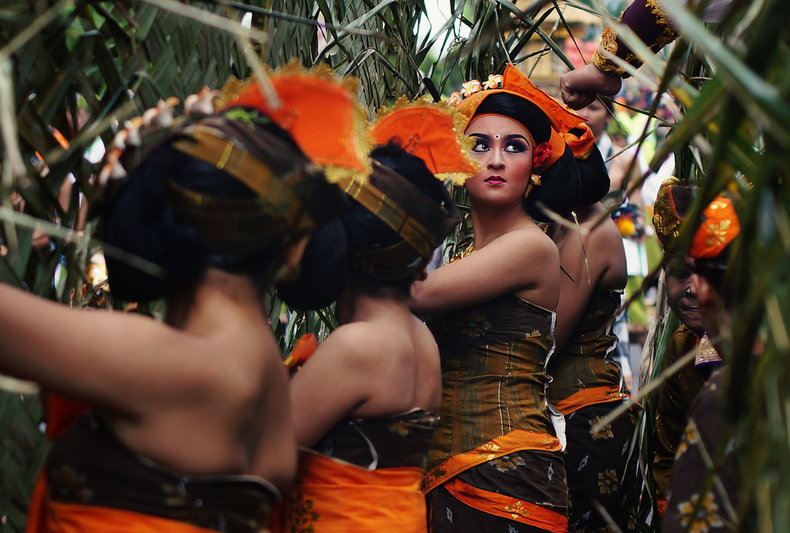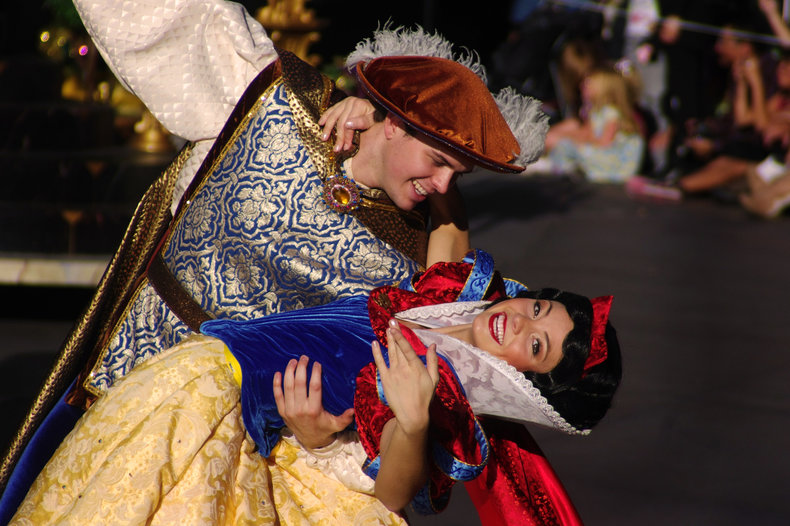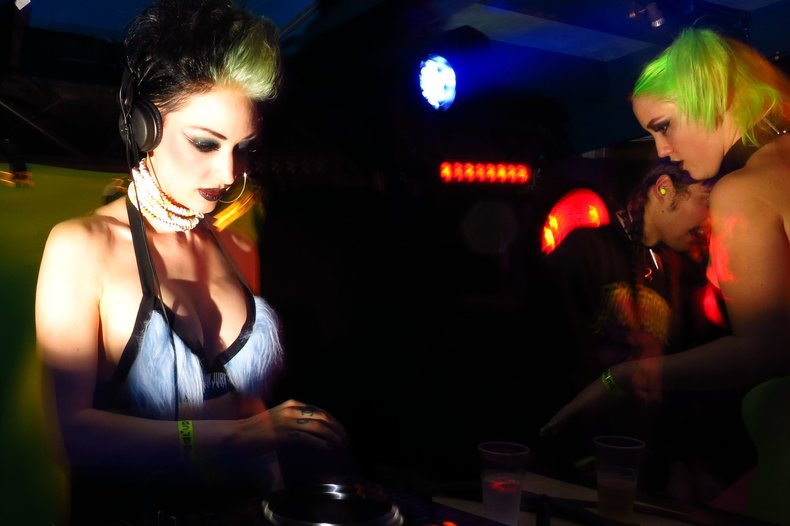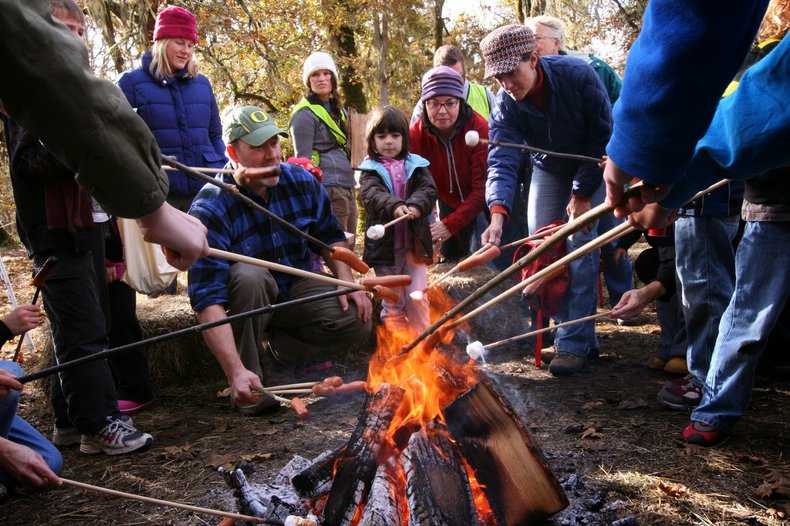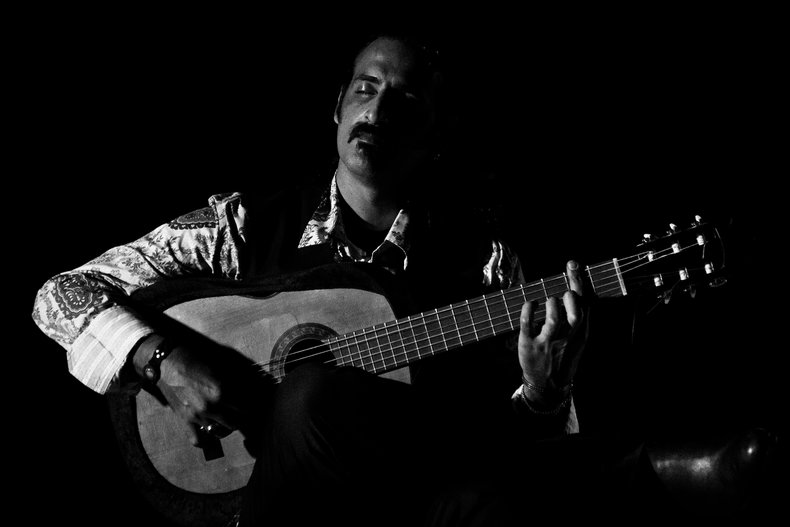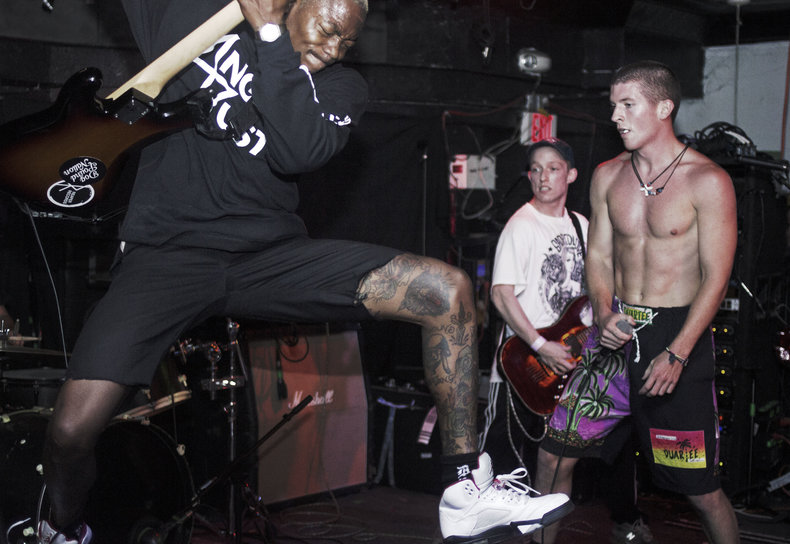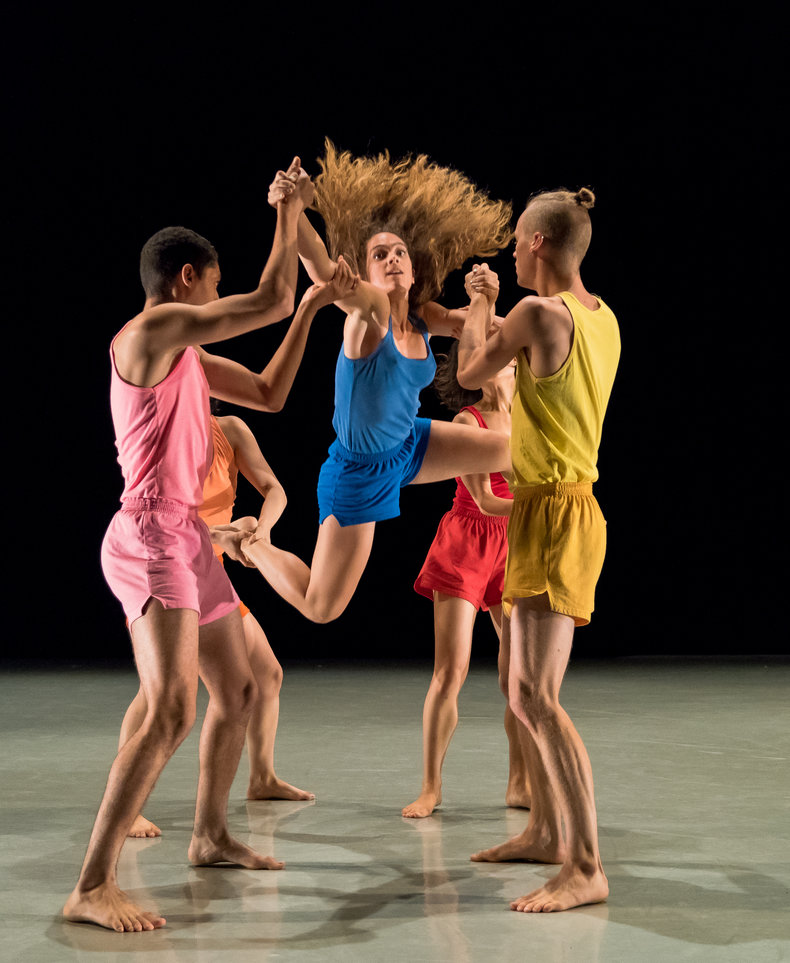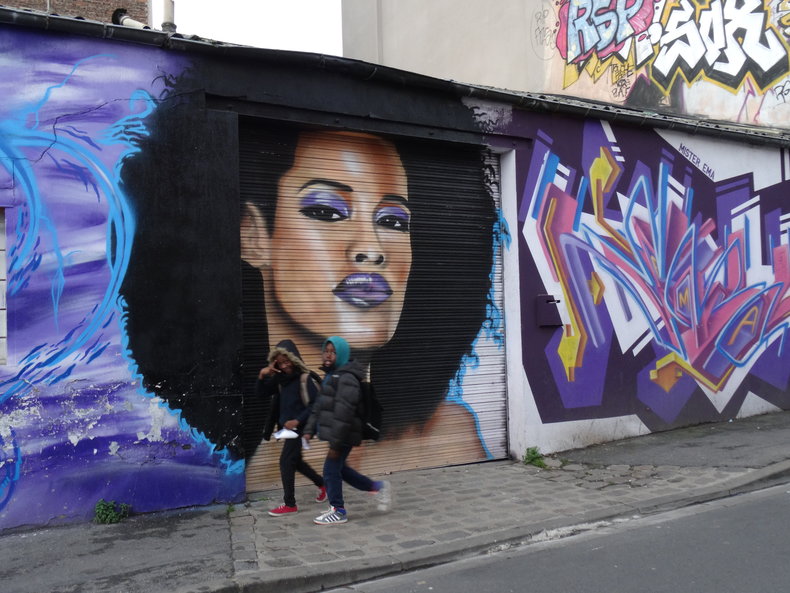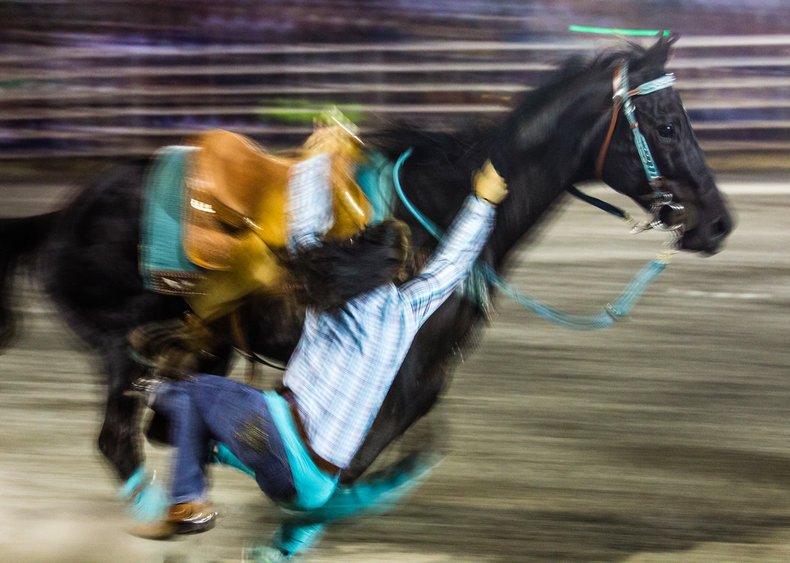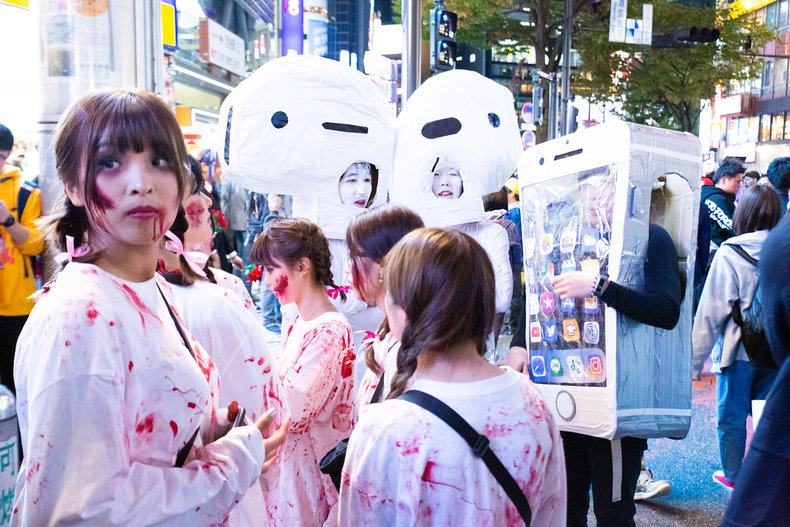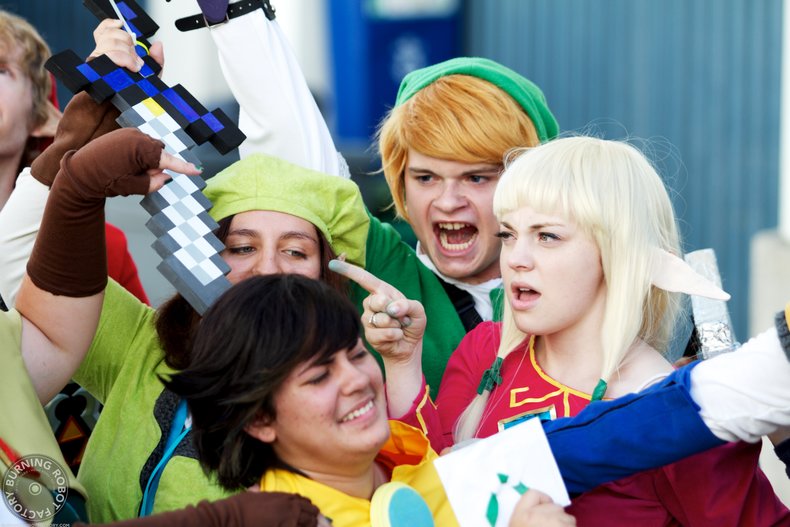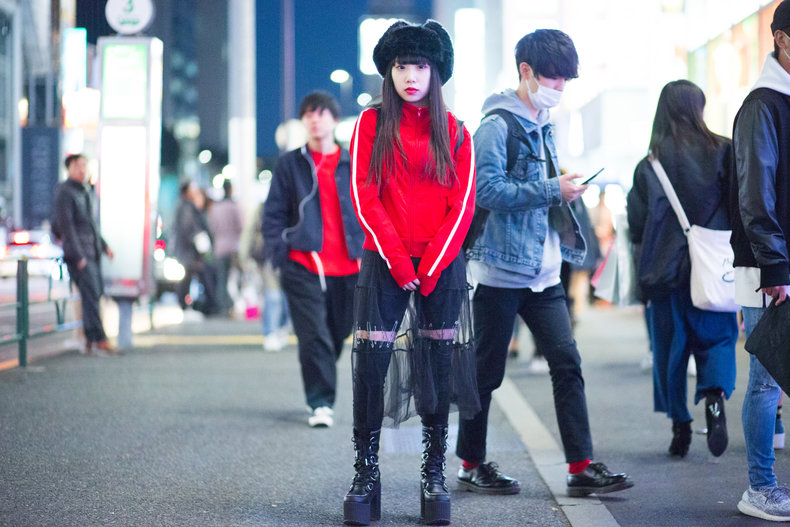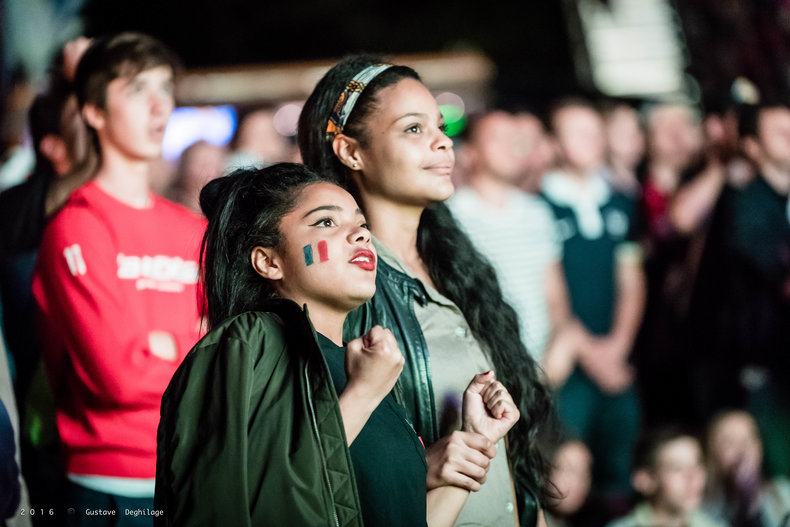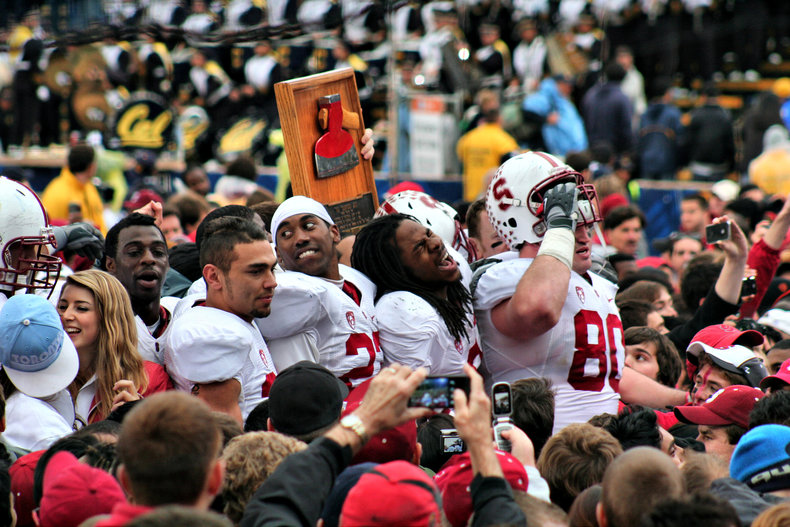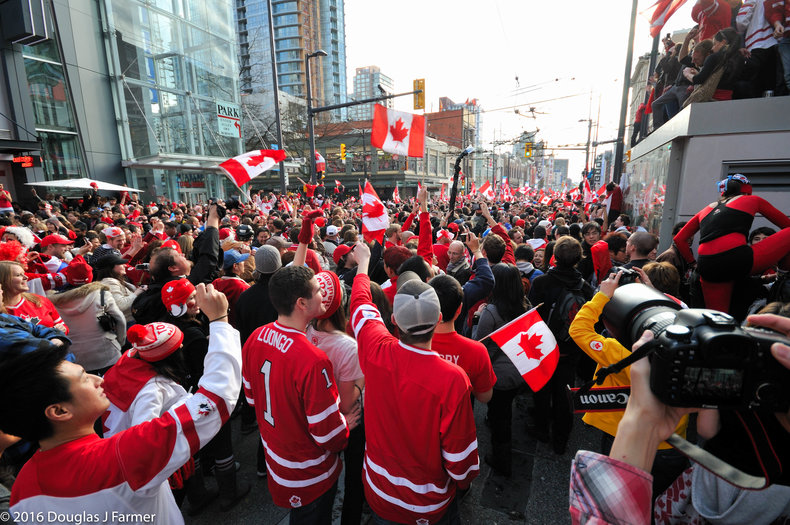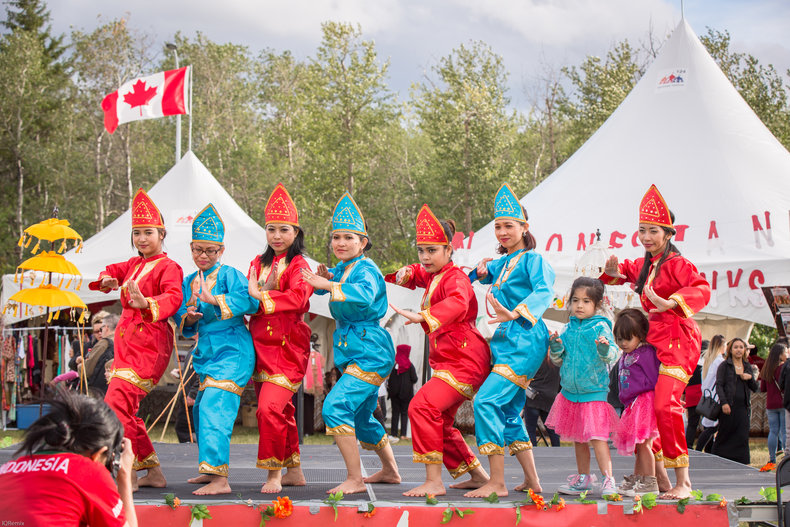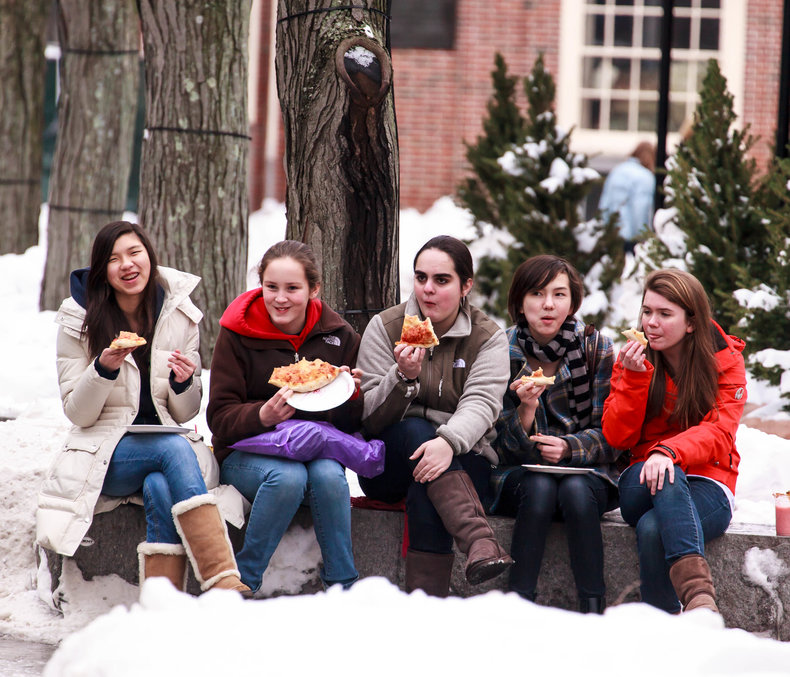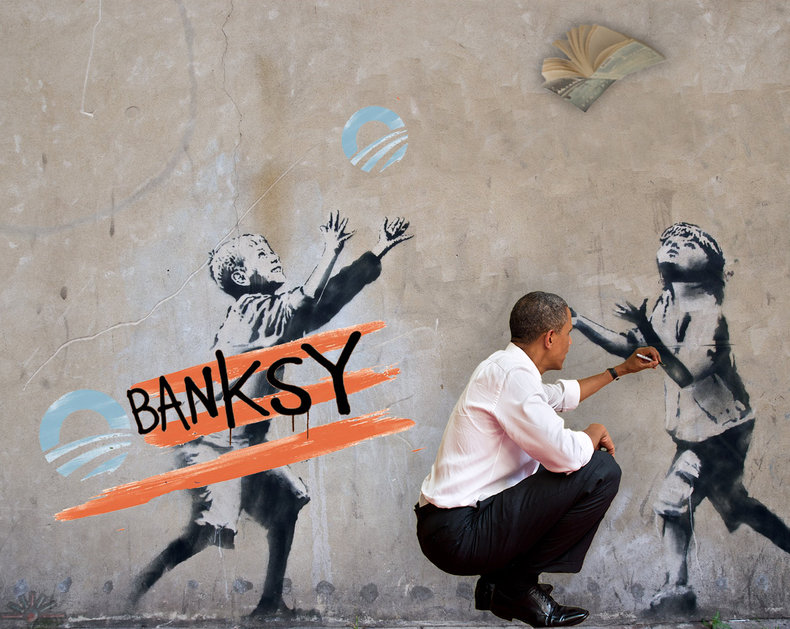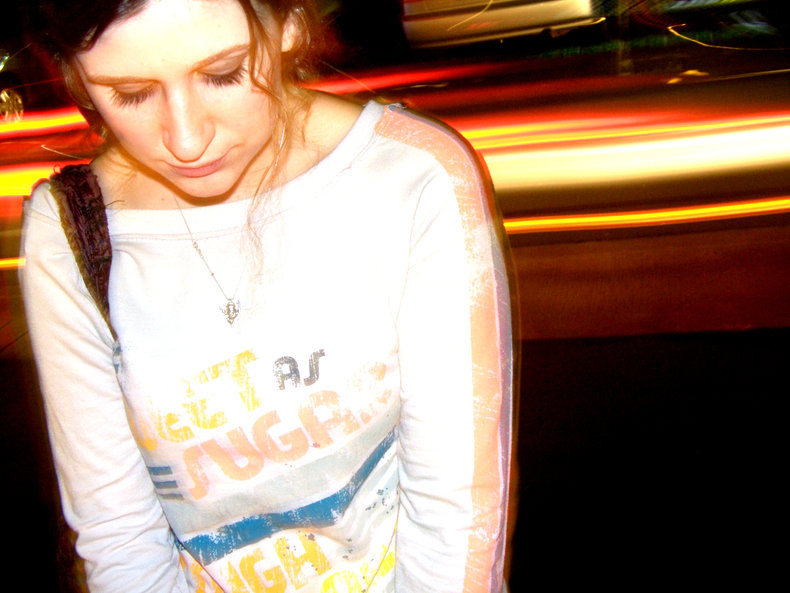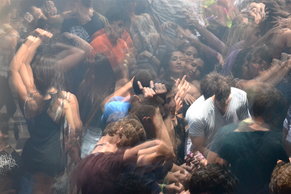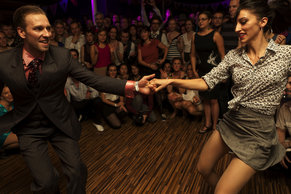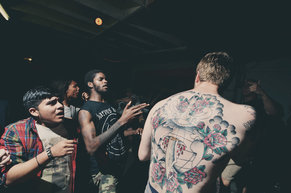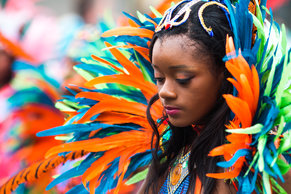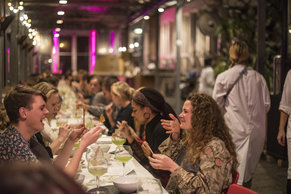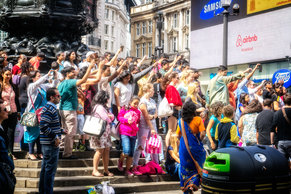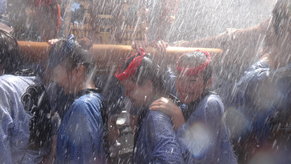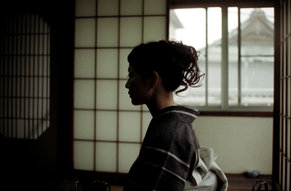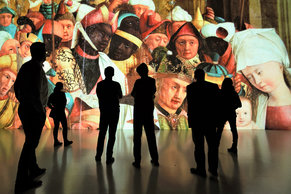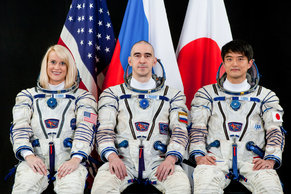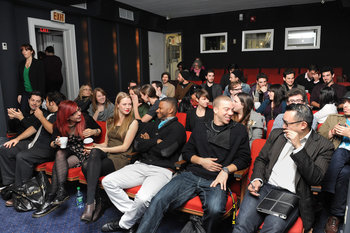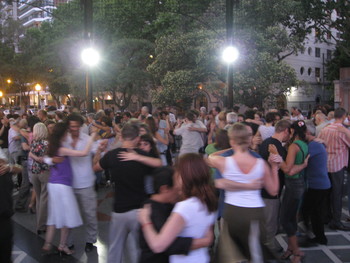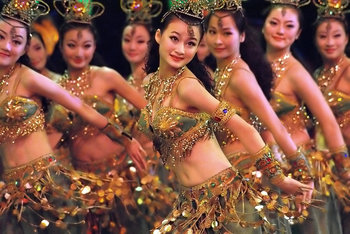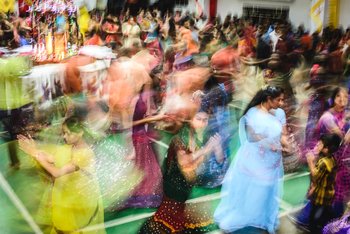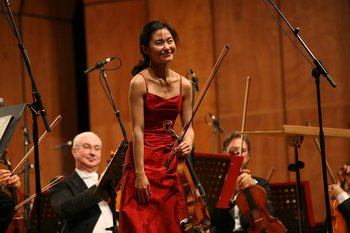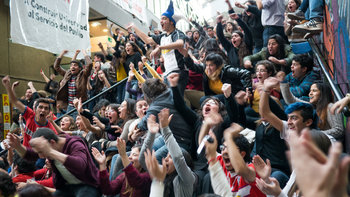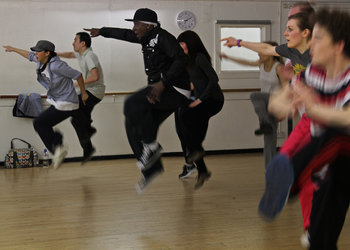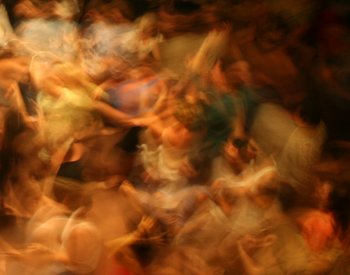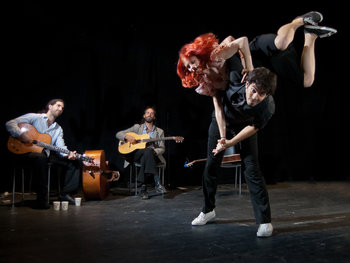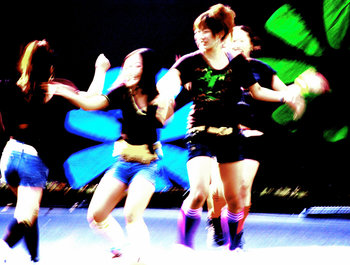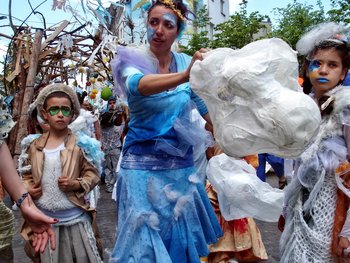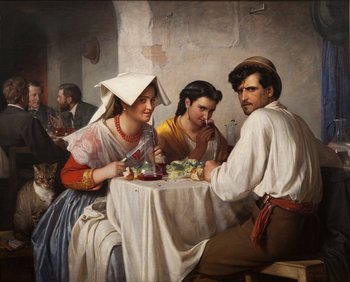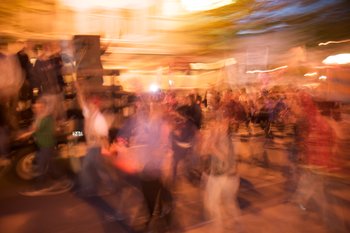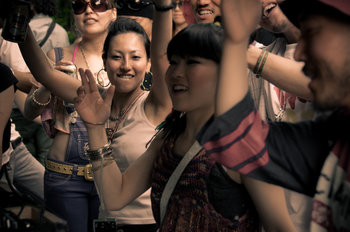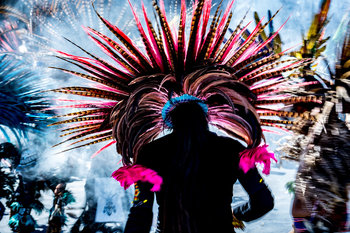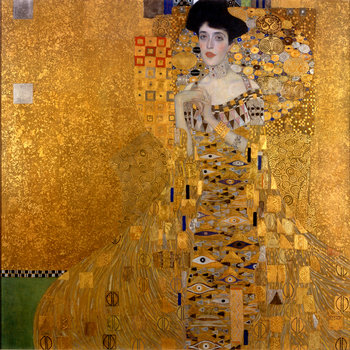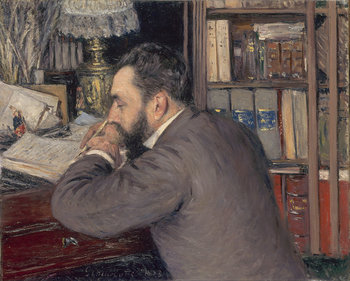|
| |
Culture are the aspects of life that people value and enjoy. This is considered a defining characteristic of humanity that includes things like language, art, music, architecture, customs, rituals, pastimes, festivals, cuisine, fashion, history, stories and myth. The following are common types of culture.
Pop CulturePop culture is culture that large numbers of people recognize such that it represents a shared experience and reference across very large populations. This includes entertainment, films, music, celebrities, stories, memes, fashion, video games, sports and any other joyful pursuit that attracts large scale audiences and participation.
Culture of the NightThe night was historically a fearsome thing to be avoided. Modern cultures use this sense to reserve the night for brave celebratory purposes. Night culture includes things like pub culture, music scenes, performance art and dancing.Traditional CultureCulture that is passed down from one generation to the next such that it represents a cross-generational experience and connection with the past. Traditional culture changes with each generation putting its mark on it.High CultureHigh culture represents mastery of creative expression. This revolves around heritage and modern works that arguably represent the heights of human expression. Low CultureLow culture is the contemporary culture of the middle class and working class. This is an elitist term that suggests that high culture is owned by the upper class. However, the term low culture is also commonly reappropriated and embraced as new, lively and unconventional in contrast to the rigid and historical feel of high culture.Avant-gardeThe avant-garde seeks mastery beyond the rigidity of heritage and high culture. This is often viewed as a reaction to the institutional nature of high culture -- with dramatic expressions designed to crush mediocrity.Urban CultureCulture shaped by the intense pressures, absurd complexity and endless possibilities of dense urban environments and large cosmopolitan cities.Rural CultureThe culture of rural areas and small towns. This can include dramatically different norms from big cities such as a culture of friendliness tied to a sense of community. Generally speaking, rural culture also tends to be based on traditions and is more likely to be cross-generational. However, it is also likely to include youthful pursuits beyond the capacities or interest of older generations.Consumer CultureThe culture surrounding brands, products and services. Markets tend to commoditize the human experience, including culture. For example, food and beverages are certainly a part of culture and many people experience this as products as opposed to more traditional culture such as cooking.Youth CultureCulture experienced a great divergence beginning in the 1920s whereby each generation of youth began to challenge traditional culture with their own pop culture, subcultures and even global culture. This was likely due to the greater resources and free time available to youth in wealthy nations. Youth culture allows culture to change quickly with dramatic shifts that challenge the old ways.CountercultureCounterculture is focused on lifestyle and tends to have political undertones. This results from rejection of mainstream assumptions with a vision for how things could be completely different. Modern countercultures include movements such as environmentalism, veganism, diy, maker culture, simple living, digital nomads and frugal living.SubcultureSubculture is based on the passionate pursuit of a niche interest that isn't likely to become mainstream. This revolves around joyful interests and has a less political feel than counterculture.Street CultureCulture that literally takes place in the streets and public spaces of a city such that it requires no support from venues or institutions. For example, a street fashion scene.Global CultureMass culture that spans borders such that it represents a common reference and experience on a global basis. This includes things like entertainment, film, music, sports, performing art, dance, hobbies and recreation.Sports CultureHumans appear to be inherently competitive and create intensive physical games known as sport to pursue competition simply for the passion of it. The culture surrounding sport includes things like language, pastimes, shared experiences and intensive rivalries, even between fans.National CultureCulture can create a sense of national unity and purpose whereby shared culture fosters civility and political cooperation. Where culture becomes polarized or fragmented, this may break down.Melting PotMelting pot is the theory that diverse cultures in the same place will mix to produce a new shared culture. This is heavily associated with American culture, whereby America is essentially a nation formed by immigration.MulticulturalismMulticulturalism is the principle that diverse cultures remain diverse within a diverse society. This is historically the approach of Canada, another nation formed by immigration, that has two official languages and a long standing policy of multiculturalism. Pizza EffectThe pizza effect is the tendency for cultures to copy each other and for these copies to be imperfect thus resulting in new culture. This is a primary way that culture changes over time. The term pizza effect is based on American pizza that was brought to America by Italian immigrants only to change and become a distinctive culinary tradition. This made its way back to Italy where it is possible to find American style pizza. It is ridiculous to think that cultures shouldn't influence each other as there is no major world culture that hasn't drawn from thousands of influences.Remix CultureRemix culture is the practice of taking existing works to combine, modify and add to them to create new works. This is a potent technique that has been used in every creative domain since the beginning of the modern-era. However, remix culture has greatly accelerated due to the internet and the ability to instantly share digital content and rework it. Old CultureCulture acts as a stabilizing force that provides some continuity with the past. However, culture changes each day such that the culture of the distant past no longer exists in its living form. This drives intense feelings of nostalgia whereby people commonly want to reach into the past to experience it.
Culture
This is the complete list of articles we have written about culture.
If you enjoyed this page, please consider bookmarking Simplicable.
A definition of cultural capital with examples.
An overview of cultural experience with examples.
A definition of cultural industry with examples.
An overview of culture analysis with examples.
An overview of culture change with examples.
The common characteristics of culture.
A list of examples of culture.
An overview of global culture with examples.
The definition of high culture with examples.
An overview of human culture with examples.
The definition of lifestyle with examples.
The common types of music.
The definition of norms with examples.
The definition of pop culture with examples and comparisons.
The definition of traditional culture with examples.
A list of art terms.
A list of subcultures.
TrendingThe most popular articles on Simplicable in the past day.
Recent posts or updates on Simplicable.
Site Map
© 2010-2023 Simplicable. All Rights Reserved. Reproduction of materials found on this site, in any form, without explicit permission is prohibited.
View credits & copyrights or citation information for this page.
|
